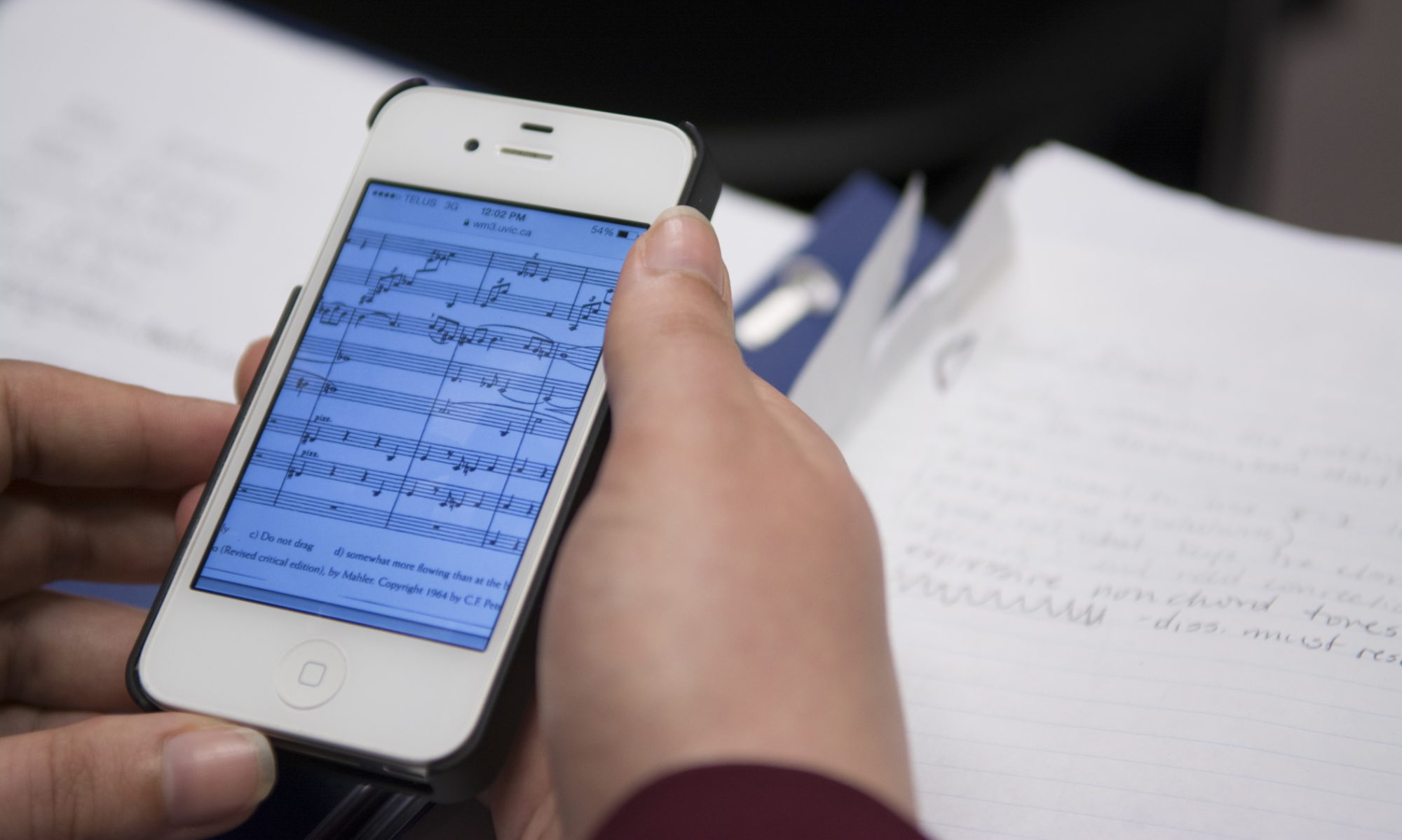CAUT Bulletin | vol 57 #1 | January 2010
CAUT has been granted leave to intervene in an important copyright case that will have major implications for universities and colleges across Canada.
The case involves a judicial review application to the Federal Court of Appeal by school boards and provincial ministers of education against the Copyright Board of Canada decision to significantly increase the fee primary and secondary schools pay for the right to copy material for instruction-related purposes. The outcome of the review will play a role in determining whether post-secondary institutions will also see a major increase in copyright fees.
According to Paul Jones, CAUT &s professional officer who specializes in intellectual property issues, the ruling on the judicial review will also have important implications for the broader direction of copyright law.
Recent court decisions have broadened the concept of fair dealing & – the right to use copyrighted material without permission or payment in certain circumstances, Jones says. In our view, the board failed to fully recognize the strength of the fair dealing right, and that this strength should be reflected in a reduced fee.
David Fewer, director of the Canadian Internet Policy and Public Interest Clinic, agrees with Jones that the case hinges on the board &s understanding of fair dealing.
For more on this story see: http://www.cautbulletin.ca/

